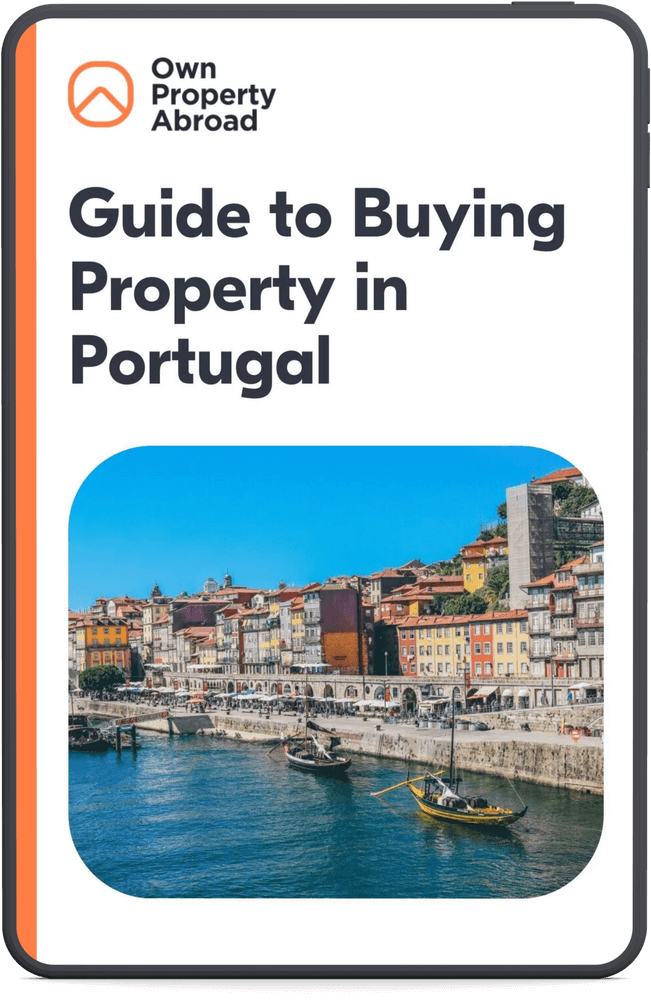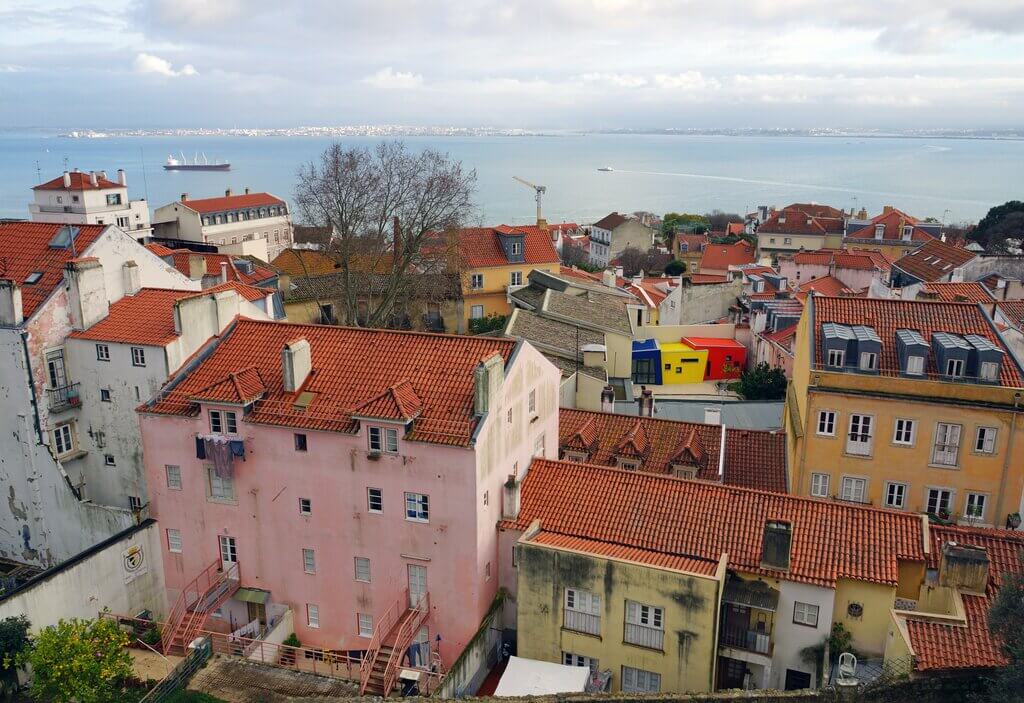Step 1: Defining your objectives
Before diving into the property search, take time to clarify your objectives. Are you looking for a permanent residence, a vacation home, or an investment property? Outline your priorities, such as proximity to amenities, views, size, and potential for rental income. This clarity will guide your search and help you make decisions aligned with your goals.
Step 2: Research locations
Portugal boasts distinct regions, each with its unique charm and character. Research different areas to find the one that resonates with you. The Algarve offers breathtaking beaches, while Lisbon and Porto provide cultural richness. The Silver Coast and Douro Valley showcase scenic landscapes. Consider factors like climate, lifestyle, and accessibility when selecting your desired location.
Valuable insights and practical advice, distilled from years of expertise and real-world experience.


Step 3: Budget planning and financing
Determine your budget early in the process. Beyond the property price, account for transaction costs, taxes, legal fees, and potential renovations. If financing is needed, explore mortgage options available to non-residents. Having a clear budget will help you narrow down your choices and avoid overextending financially.
Step 4: Property types in Portugal
From historic houses with traditional architecture to contemporary condos, Portugal offers diverse property types. Research the pros and cons of each type to find what suits your preferences. Villas provide privacy, while apartments offer convenience. Consider your lifestyle and needs before deciding.
Step 5: Legal and regulatory matters
Navigating legal procedures is a crucial aspect of buying property in Portugal. Enlist a lawyer experienced in real estate transactions to guide you through the process. They can help with due diligence, contracts, and ensuring compliance with local regulations.
Step 6: Engaging real estate professionals
Collaborating with local real estate agents can significantly ease your property search. They have insider knowledge of the market, access to listings, and can schedule property viewings. Choose an agent with a good reputation and a strong track record.
Step 7: Viewing and inspecting properties
When you find potential properties, schedule viewings to assess their condition and ambiance. Pay attention to details like structural integrity, natural lighting, and proximity to amenities. Take notes and pictures to compare properties later.
Step 8: Comparative market analysis
Perform a comparative market analysis to determine the fair market value of the properties you’re interested in. This analysis considers factors like location, size, condition, and recent sales in the area. It helps you make an informed decision when negotiating the price.
Step 9: Negotiating and making an offer
Engage in thoughtful negotiations with the seller for a mutually agreeable price. Your real estate agent can provide guidance on negotiation strategies. Once an agreement is reached, formalize your offer in writing.
Step 10: Due diligence
During the due diligence period, conduct thorough inspections and assessments of the property. This includes a comprehensive review of legal documents, property history, and potential issues. If any concerns arise, address them with the seller or consider renegotiating the terms.
Step 11: Finalizing the purchase
With due diligence complete, finalize the purchase by signing the deed of sale. Transfer the funds, and the property will officially be yours. Your lawyer will ensure all legal requirements are met, giving you peace of mind.
Step 12: Property management and maintenance
If you’re not a full-time resident, consider property management services to oversee maintenance, rentals, and other responsibilities. This ensures your property remains well-maintained and generates income when you’re not using it.
Step 13: Tax implications
Understand the tax implications of property ownership in Portugal, including property taxes, capital gains taxes, and potential exemptions for certain types of investments. Consulting with a tax professional can help you optimize your tax strategy.
How to find and choose the right property in Portugal?
Portugal has made it an increasingly popular destination for property investment. Whether you’re looking for a comfortable countryside cottage, a stylish urban apartment, or a luxurious coastal villa, Portugal offers a variety of options to cater to various tastes and preferences. However, navigating the property market can be complex, and it’s important to make informed decisions to ensure a successful and satisfying investment.
Therefore, having a real estate agent in Portugal can streamline your property journey and reduce the stress of investing in properties. You can leave the challenges of finding buyers, tenants, and handling documents to a skilled professional. With a real estate agent by your side, transactions become smoother and ensure that you can secure the best value for your property.
Buy property in Portugal with Own Property Abroad
Do you want to buy property in Portugal? Own Property Abroad can assist you and ensure a seamless and hassle-free property journey, whether selling or buying real estate in Portugal. Thanks to our knowledge and experience in the local market, we can help with legal requirements, finding suitable properties, negotiating the best deals, and conducting due diligence.
With our expert team, you won’t have to navigate the complexities of the Portuguese real estate market alone. For further information on how we can assist you, kindly drop your details below or email us at [email protected]. Let’s start working on your property success story today!
Valuable insights and practical advice, distilled from years of expertise and real-world experience.


Frequently Asked Questions (FAQs)
Is it possible to get a mortgage as a non-resident in Portugal?
Yes, non-residents can indeed apply for mortgages in Portugal, provided they meet specific conditions and fulfill certain requirements. The process involves demonstrating your financial stability, providing necessary documentation, and adhering to the lending criteria set forth by financial institutions. While the exact terms and eligibility criteria may vary, the opportunity for non-residents to secure a mortgage underscores Portugal’s welcoming attitude toward international property buyers.
What are the popular regions for property investment in Portugal?
The popular regions for property investment in Portugal encompass a diverse range of captivating locales that offer unique advantages and attractions. From the sun-soaked shores of the Algarve, where pristine beaches and a leisurely lifestyle beckon, to the vibrant and historic cities of Lisbon and Porto, each region presents its own allure and investment potential.
Are there any restrictions on foreign property ownership?
There are minimal restrictions on foreign property ownership in Portugal, making it an attractive destination for international buyers. The Portuguese government has enacted policies that encourage foreign investment in real estate, allowing non-residents to freely purchase property, whether it’s for personal use, rental income, or investment purposes. This welcoming stance has contributed to Portugal’s popularity as a sought-after location for individuals looking to diversify their property portfolios and indulge in the country’s unique lifestyle and culture.




